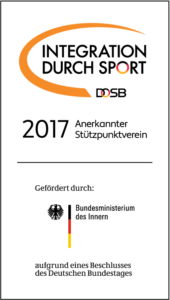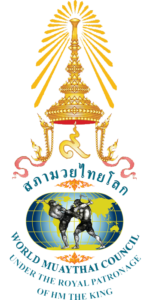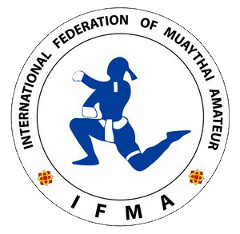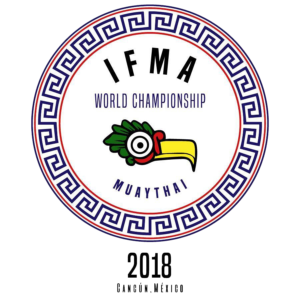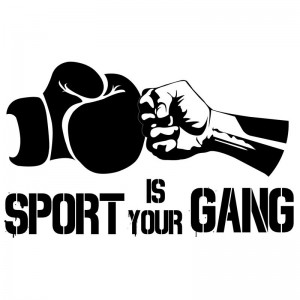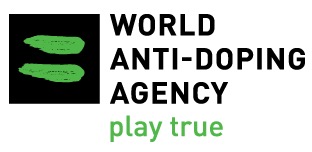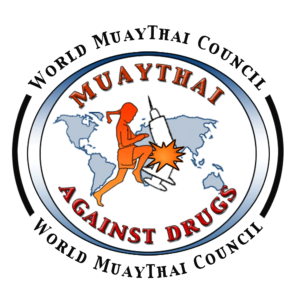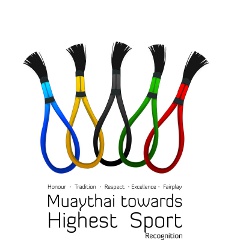On 23 June 2014, the Council of the European Union, under the Greek EU Presidency, agreed to grant Albania candidate status, which was approved by the European Council a few days later. Staff seconded by Frontex can only intervene in cooperation with and in the presence of Montenegrin officials. In accordance with Articles 5 and 7 of the Qua status agreement between the European Union and Montenegro on the conduct of Frontex`s operations, team members may carry weapons, ammunition and equipment in accordance with the legislation of their Home Member State. The use of firearms is not regulated by the status agreement and is therefore limited to self-defence. The Visa Facilitation and Readmission Agreements between Albania and the EU came into force on 1 January 2008. [61] In June 2008, Albania received a roadmap from the EU for further visa liberalisation with Schengen countries. [61] On 7 October, the EU signed a border cooperation agreement with Montenegro, which allows the European Border and Coast Guard Agency (Frontex) to conduct joint operations and send teams to the country. This is the second status agreement signed with a non-EU country after an agreement with Albania in October 2018. Other agreements in the Balkan region are about to be concluded. In line with the EU`s cooperation strategy with the Western Balkan countries, status agreements were signed with five countries between 2018 and 2019, namely Albania, Northern Macedonia, Serbia, Bosnia and Herzegovina and Montenegro.
To date, three status agreements (Albania, Montenegro and Serbia) have been concluded, while the other two (with Northern Macedonia and Bosnia and Herzegovina) have not yet been signed. The status agreement with Albania is the first (and so far the only) agreement to enter into force on 1 May 2019, with the first joint operation coordinated by Frontex on the territory of a third country launched on 21 May 2019 at the Albanian border with Greece. Beyond Albania, where the first mission under the agreement was launched in May, Montenegro is close to concluding the agreements with Northern Macedonia, Serbia and Bosnia and Herzegovina. The Commission`s press release states that „cooperation with third countries is an important part of the European approach to integrated border management. This approach is implemented through a four-step access model including the following measures in third countries, measures with neighbouring third countries, border control measures and measures taken within the Schengen area.“ Following Albania`s application to join the EU, the Council of the European Union asked the European Commission on 16 November 2009 to draw up an assessment of Albania`s readiness to start accession negotiations. [5] On 16 December 2009, the European Commission presented the Albanian government with a pre-accession questionnaire.

